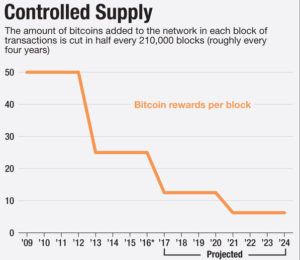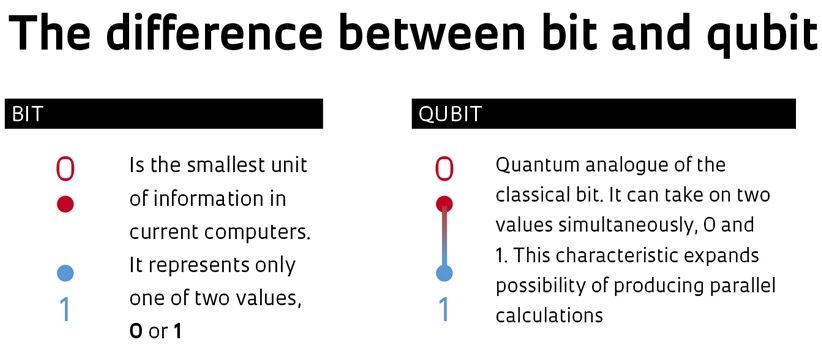Dec 18, 2016
Bitcoin Arbitrage: Can you profit?
Posted by Philip Raymond in categories: bitcoin, cryptocurrencies, economics, finance, internet
At Quora, I occasionally play, “Ask the expert”. Today, I was asked if the difference between quotes at various Bitcoin exchanges presents a profit opportunity.
In addition to my answer, one other cryptocurrency enthusiast offered pithy, one-line response: He said “Buy local, sell internationally and pocket the difference!” I tend to believe the opposite is more likely to generate profit: Buy internationally and sell locally. But, I am getting ahead of myself. Here is my answer [co-published at Quora]…
Question:
A Bitcoin exchange in my country quotes a different rate than
international markets. Can I profit from the price difference?
Answer:
Buying and selling a commodity with the intention of profiting from the difference in price in various markets, regions or exchanges is called arbitrage. Typically, the item must be widely traded and fungible. Although it can be a tangible item (one that must be delivered or stored, like gold, oil, frozen orange juice or soy beans), arbitrage is more practical when applied to an ‘item of account’, such as foreign currency, equity shares, stock futures, or Bitcoin.




 As an Op-Ed pundit, I value original content. But the article, below, on Bitcoin fungibility, and this one on the post-incentive era, are a well-deserved nod to inspired thinking by other writers on issues that loom over the cryptocurrency community.
As an Op-Ed pundit, I value original content. But the article, below, on Bitcoin fungibility, and this one on the post-incentive era, are a well-deserved nod to inspired thinking by other writers on issues that loom over the cryptocurrency community.
 excellent, quick & brief overview.
excellent, quick & brief overview.











